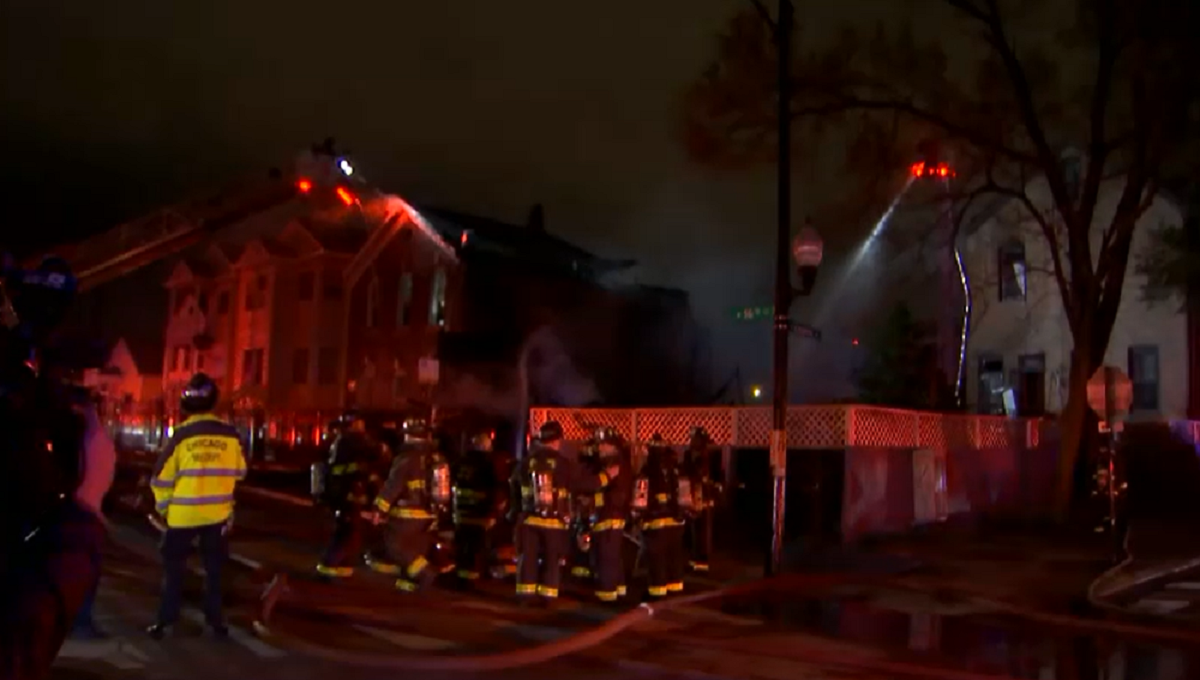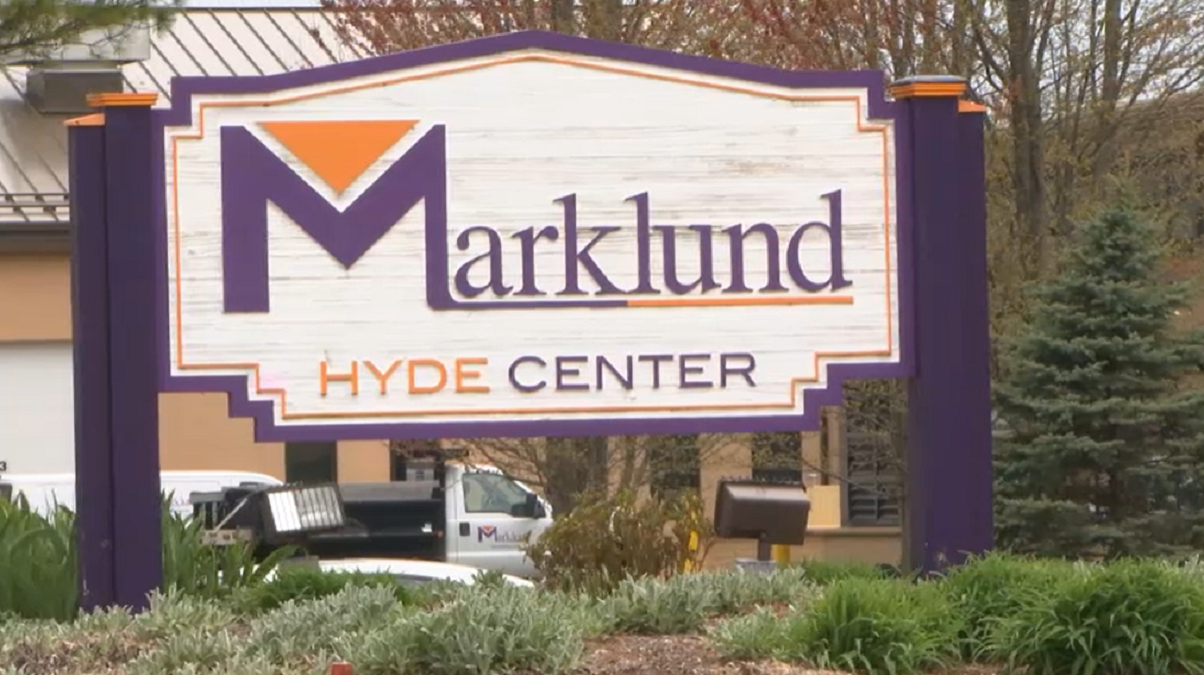Calls are growing not just in Illinois, but nationwide to recognize Indigenous Peoples' Day in place of Columbus Day.
So what would that mean and what has already happened in the state?
Illinois currently recognizes Indigenous Peoples' Day as the last Monday in September after passing legislation designating the day in 2017. But last year, an Illinois lawmaker renewed her push to change the Columbus Day state holiday to Indigenous Peoples' Day.
State Rep. Delia Ramirez, a Democrat from Chicago, said the current honoring of Indigenous Peoples' Day in September was done "without the consultation of Indigenous groups in Illinois, who opposed the bill."
Feeling out of the loop? We'll catch you up on the Chicago news you need to know. Sign up for the weekly Chicago Catch-Up newsletter here.
“American Indians are still fighting for our survival, our lands and our rights. Each October, when this country celebrates Columbus, the USA is celebrating the beginning of genocide, slavery and the dehumanizing effects of colonization on this Nation,” Les Begay, board member of the American Indian Center and enrolled member of the Dine Nation, said in a statement last year supporting Ramirez's bill to change the holiday.
Chicago Public Schools in 2019 announced that Columbus Day would be replaced with Indigenous Peoples' Day on the school calendar.
This year, the movement to change the name of the federal holiday celebrating Christopher Columbus got its most significant boost yet.
Local
President Joe Biden on Friday issued the first-ever presidential proclamation of Indigenous Peoples’ Day. The day will be observed on Oct. 11, along with Columbus Day, which is established by Congress.
“For generations, Federal policies systematically sought to assimilate and displace Native people and eradicate Native cultures,” Biden wrote in the Indigenous Peoples’ Day proclamation. “Today, we recognize Indigenous peoples’ resilience and strength as well as the immeasurable positive impact that they have made on every aspect of American society.”
For several months last year, protesters across the country and in Chicago called for the removal of statues of Columbus, saying that the Italian explorer is responsible for the genocide and exploitation of native peoples in the Americas.
The statues became targets during protests in the wake of the Minneapolis police killing of George Floyd.
In July of 2020, statues of Christopher Columbus in Grant Park and Arrigo Park were taken down, at the direction of Chicago Mayor Lori Lightfoot, following violent protests. A third statue of Columbus, which had stood on display on the South Side for nearly 130 years, was removed days later.
Nearly a year later, an Italian-American organization over the summer filed a lawsuit seeking to force the Chicago Park District to return one of the statues to its pedestal in the city’s Little Italy neighborhood.
The effort to change the holiday has angered some, particularly Italian Americans who want Columbus to be celebrated.
"Indigenous people deserve their own day," said Ron Onesti, vice president of the Joint Civic Committee of Italian Americans. "We want them to have their own holiday. We will march with them... We just don't believe that should be at the cost or the expense of our federal holiday."
The committee is currently planning to hold a Columbus Day parade Monday on State Street in downtown Chicago.
So what is the history of Indigenous Peoples' Day?
According to Susan C. Faircloth, an enrolled member of the Coharie Tribe of North Carolina and professor of education at Colorado State University, it began in 1990 in South Dakota – currently the state with the third-largest population of Native Americans in the U.S.
South Dakota became the first state to officially recognize Native Americans’ Day, commonly referred to now as Indigenous Peoples' Day in other parts of the country.
More than a dozen states and the District of Columbia now recognize Indigenous Peoples Day, including Alabama, Alaska, Hawaii, Idaho, Iowa, Louisiana, Maine, Michigan, Minnesota, New Mexico, North Carolina, Oklahoma, Oregon, South Dakota, Vermont, Virginia and Wisconsin.



